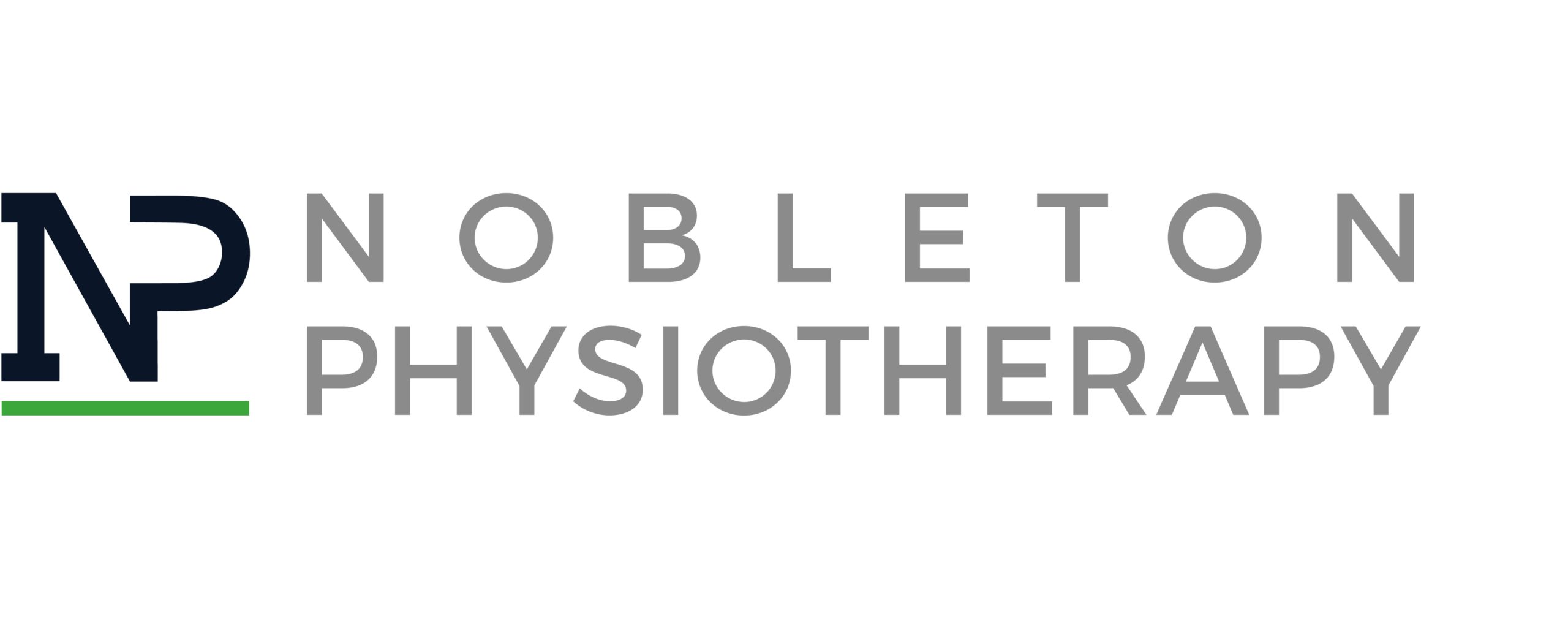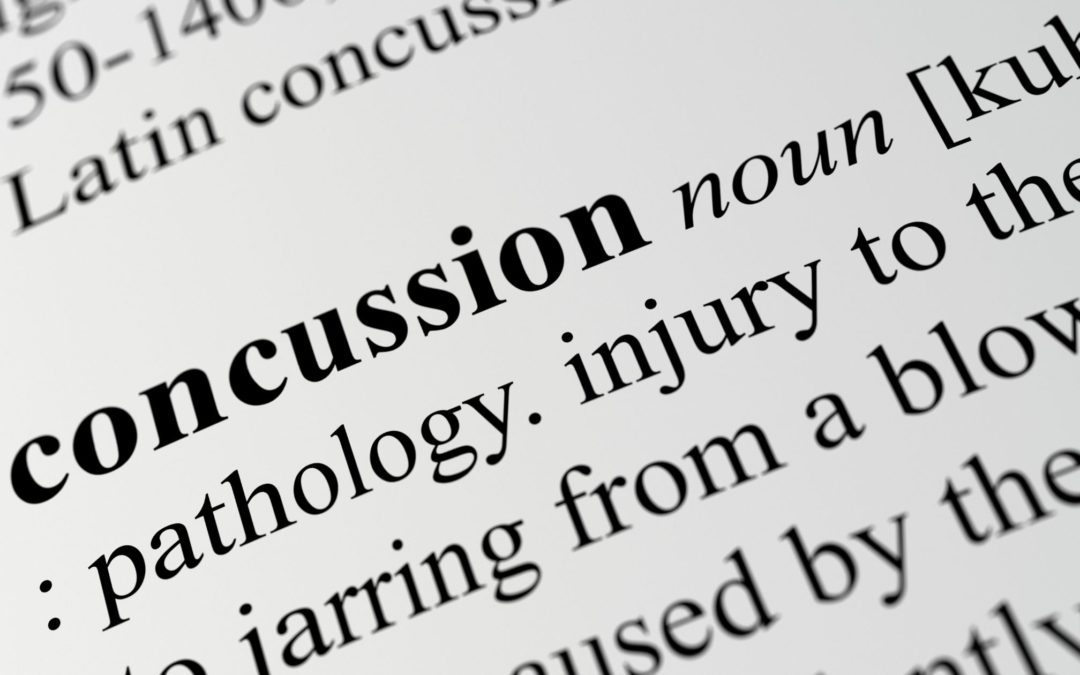Vertigo is a condition that can significantly disrupt a person’s quality of life. Characterized by a sensation of spinning or dizziness, vertigo can make simple tasks like walking, standing, or even lying down feel challenging and disorienting. While it’s often mistaken for a condition on its own, vertigo is actually a symptom of an underlying issue, typically related to the inner ear or the vestibular system. Thankfully, with the help of our Nobleton Physiotherapy vestibular physiotherapists, patients can find relief and regain their sense of balance.

What Causes Vertigo?
The vestibular system, located in the inner ear, plays a crucial role in maintaining balance and spatial orientation. When this system is disrupted, it can result in vertigo. Common causes include:
Benign Paroxysmal Positional Vertigo (BPPV): This is one of the most common causes of vertigo, triggered by small crystals moving into the wrong part of the inner ear.
Vestibular Neuritis or Labyrinthitis: These are infections that cause inflammation in the inner ear or vestibular nerve, leading to vertigo.
Ménière’s Disease: A disorder associated with fluid buildup in the inner ear, causing vertigo, one sided hearing loss, and tinnitus (ringing in the ears).
Migraine-Associated Vertigo: Certain migraines can result in vertigo episodes, often accompanied by sensitivity to light and sound.
Head Injuries: Trauma can damage the vestibular system, resulting in dizziness and balance issues.

Why See our Vestibular Physiotherapists at Nobleton Physiotherapy?
Our team takes a special interest in treating disorders of the vestibular system. Here’s why consulting one is essential for managing vertigo:
Accurate Assessment: A vestibular physiotherapist conducts a thorough evaluation to determine the cause of vertigo. They use specific tests to identify issues such as BPPV, vestibular dysfunction, or central nervous system involvement.
Personalized Treatment Plans: Once the cause is identified, the physiotherapist develops a tailored treatment plan. This may include:
– Canalith Repositioning Maneuvers: For BPPV, techniques like the Epley maneuver help reposition displaced crystals in the inner ear.
– Vestibular Rehabilitation Therapy (VRT): A series of exercises designed to improve balance, reduce dizziness, and retrain the brain to adapt to vestibular dysfunction.
– Balance and Gait Training: These exercises help restore confidence and stability during movement.
– Non-Invasive Approach: Vestibular physiotherapy provides a drug-free and non-invasive treatment option, focusing on natural recovery mechanisms and strengthening the body’s balance system.
– Education and Self-Management: A vestibular physiotherapist equips patients with knowledge and strategies to manage symptoms, prevent recurrence, and cope with triggers in daily life.
– Holistic Care: In cases where vertigo is linked to other conditions like migraines or anxiety, a physiotherapist works in collaboration with other healthcare providers to ensure comprehensive care.

When to Seek Help
If you experience recurrent episodes of vertigo, dizziness, or imbalance, it’s important to seek professional help. Ignoring these symptoms can lead to falls, injuries, or a reduced quality of life. Early intervention by a vestibular physiotherapist can expedite recovery and prevent complications. With the help of a vestibular physiotherapist, you can address the root cause of your symptoms, regain your balance, and improve your overall well-being. If you or someone you know is struggling with vertigo, don’t wait—take the first step toward recovery by contacting the clinic today! Your balance and peace of mind are worth it.
Nobleton Physiotherapy
Address: 📍13085 Highway 27 – Unit 2, Nobleton, L0G 1N0
Phone: 📲 905.859.6708
Email: 📧 info@nobletonphysiotherapy.ca


Onbets23, huh? Heard a few whispers about it but finally checked it out. Seems legit. I won a little something, which is always a plus! Interface is clean and easy to navigate. Might stick around for a bit. Give it a whirl? –> onbets23
Giving 365jl a try. Seems like a pretty solid option, especially if you’re looking for something with consistent uptime. Check them out! Worth a look: 365jl
Alright, Malaysia! Heard Jili99MY is the place to be. Let’s see if it lives up to the hype! Wish me luck on those spins jili99my
57bet me surpreendeu! Apostas esportivas com odds competitivas e um cassino online bem completo. Já tô usando direto 57bet.
A7xmexico is simple and easy to navigate while using, it made for a pleasant experience overall. a7xmexico is a good option with some good incentives.
Just signed up at phcash7. The site looks alright. Need to play some more to see if it’s legit, but initial impressions are decent. Check it out for yourself phcash7
Goldenhoyeah1’s got a certain charm to it, you know? The graphics are pretty decent, and the games are easy to pick up. Good for a casual gaming session. Feel like a fun time? Give it a shot: goldenhoyeah1
Trying to get my brdice login sorted. Anyone else having trouble? Once I’m in, lookout! Head there brdice login
Opa, tudo bem? Quer saber mais sobre a 1bbet? Corre lá no site deles! Lá você encontra tudo que precisa pra começar a apostar e se divertir. Boa sorte nas apostas! 1bbet
E aí, curiosos! Se tão dando uma olhada no Welcometos666, entrem no site e descubram o que tá rolando por lá! Parece que tem algo interessante esperando por vocês. Não percam tempo! welcometos666